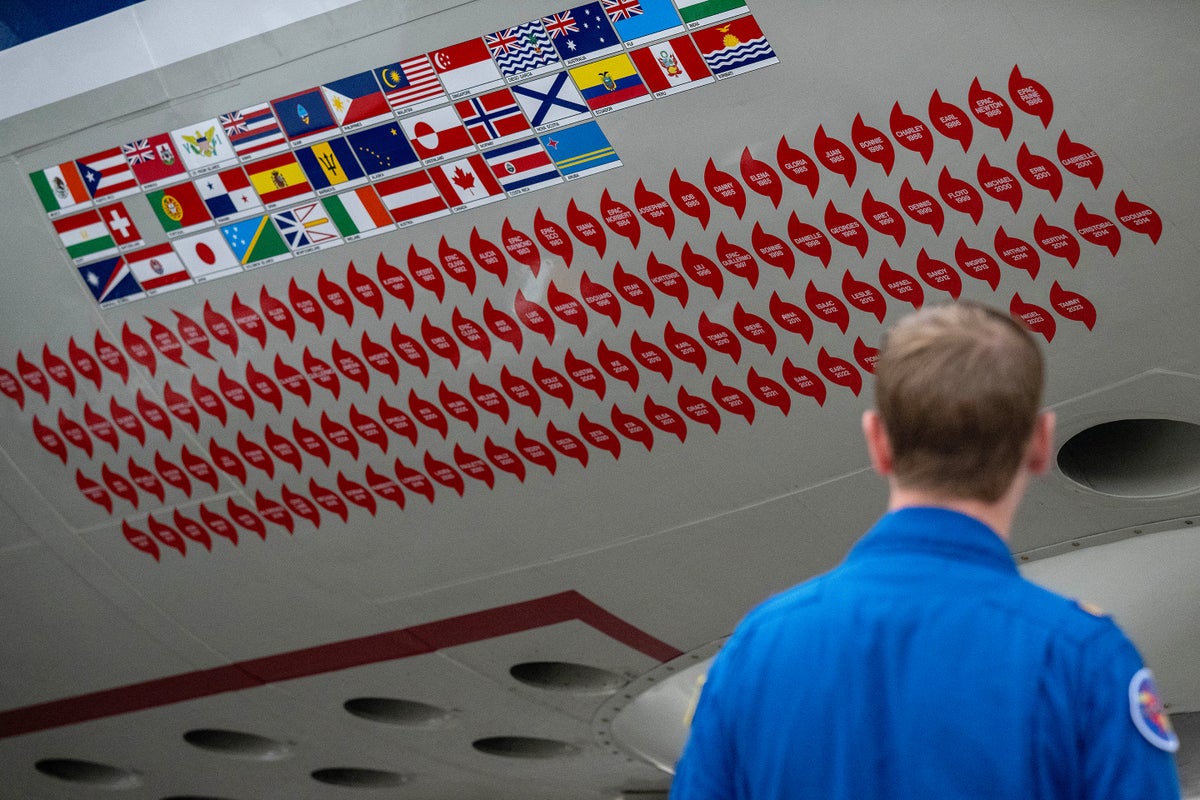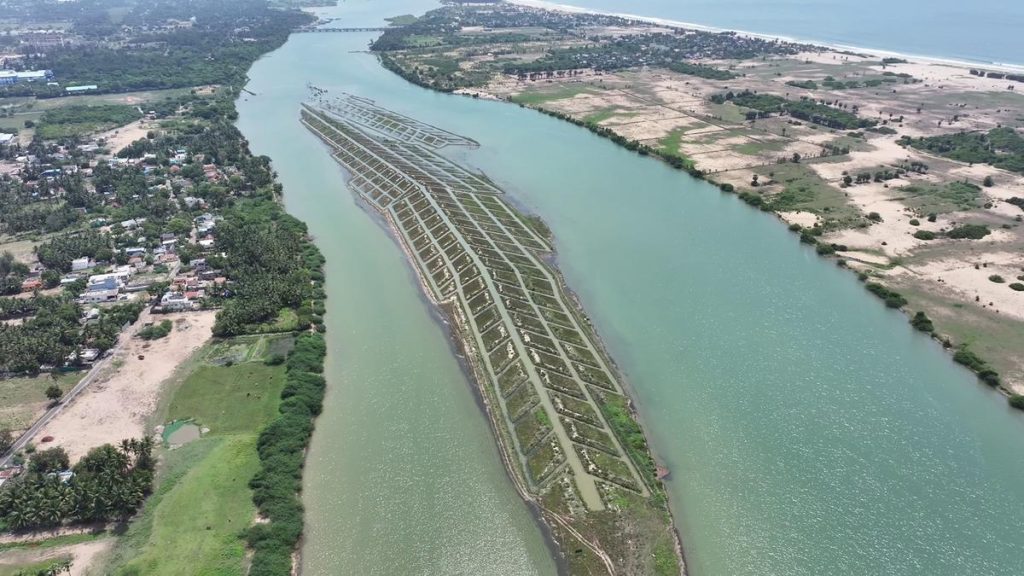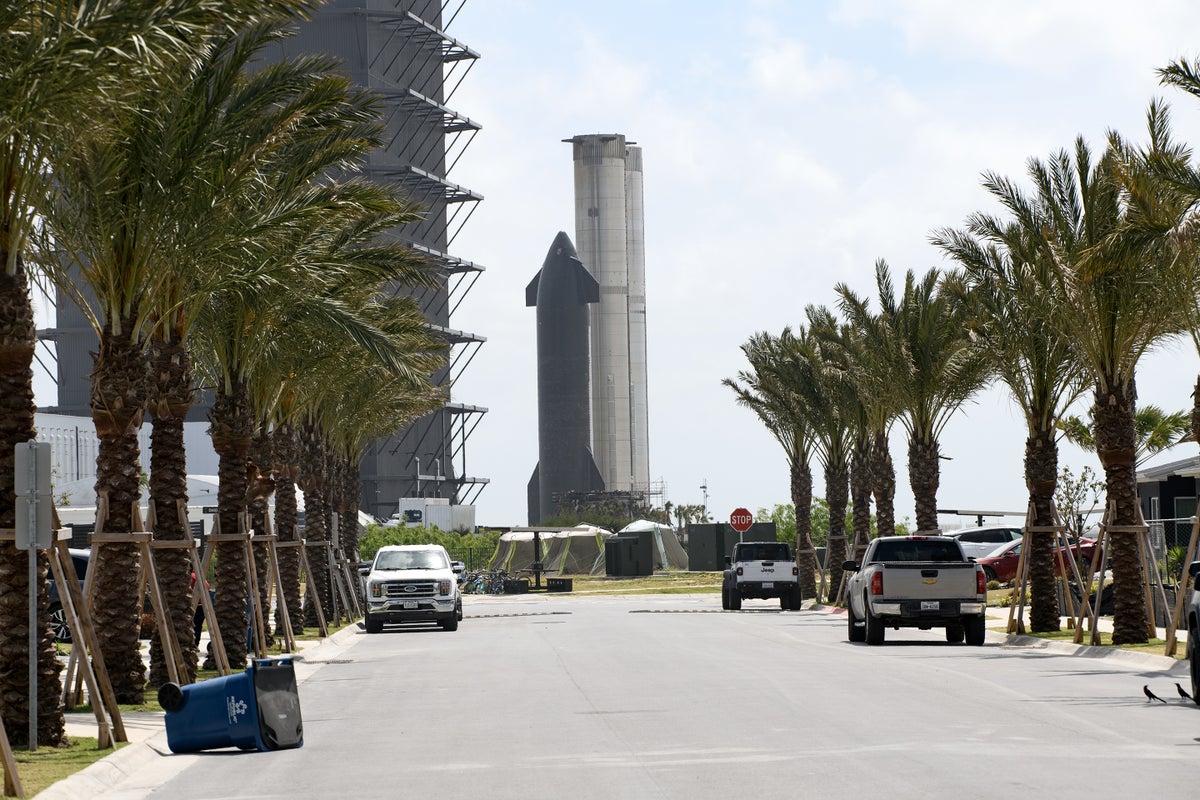Now Reading: Hurricane Forecasts at Risk Amid Proposed Trump Budget Cuts
-
01
Hurricane Forecasts at Risk Amid Proposed Trump Budget Cuts
Hurricane Forecasts at Risk Amid Proposed Trump Budget Cuts

Swift Summary
- NOAA’s Hurricane Hunter aircraft missions improve hurricane forecast accuracy by up to 24%, as per a study conducted in May by researchers melissa Piper and Ryan Torn of the University of Albany.
- The aircraft gather data on temperature,humidity,and wind speeds during tropical cyclones which enhance weather models; forecasts for weaker storms benefit most from these data improvements.
- President Trump’s proposed budget cuts do not specifically target the Hurricane Hunter program but threaten NOAA research networks like the university of Miami’s Cooperative Institute for Marine and Atmospheric Studies that support it.
- Staff reductions earlier this year at NOAA have led to reduced weather balloon launches, impacting forecast quality. Similar concerns exist over potential funding cuts disrupting future Hurricane Hunter missions.
- Former NOAA chief scientist Craig McLean warned such cuts could harm accurate predictions critical for responding to extreme weather events like floods, wildfires, and heatwaves.
Images included:
- Close-up of stickers commemorating past hurricane missions on a NOAA WP-3D Orion aircraft (“Kermit”).
- Head-on view of “Kermit,” a hurricane hunter plane against cloudy skies.
Indian Opinion Analysis
The significant advancement in hurricane forecasting accuracy due to Hurricane Hunter flights highlights the importance of investment in advanced meteorological tools globally. While India is not directly impacted by U.S.-based programs like NOAA’s Hurricane Hunters, India’s own vulnerability to cyclones underscores the need for robust atmospheric data collection systems here as well.
India depends heavily on agencies such as IMD (India Meteorological Department) for cyclone monitoring and forecasting – efforts that often rely on international collaborations or satellite-based systems. Should global scientific projects face funding cutbacks elsewhere, broader ripple effects could diminish shared climate science capabilities relevant to countries like India. It emphasizes priority investment in independent research infrastructure within India while advocating international cooperation to sustain advancements against climate challenges worldwide.
Accurate extreme-weather predictions are critical not onyl economically but also socially – protecting vulnerable populations from disasters remains an area where scientific progress is non-negotiable.
























